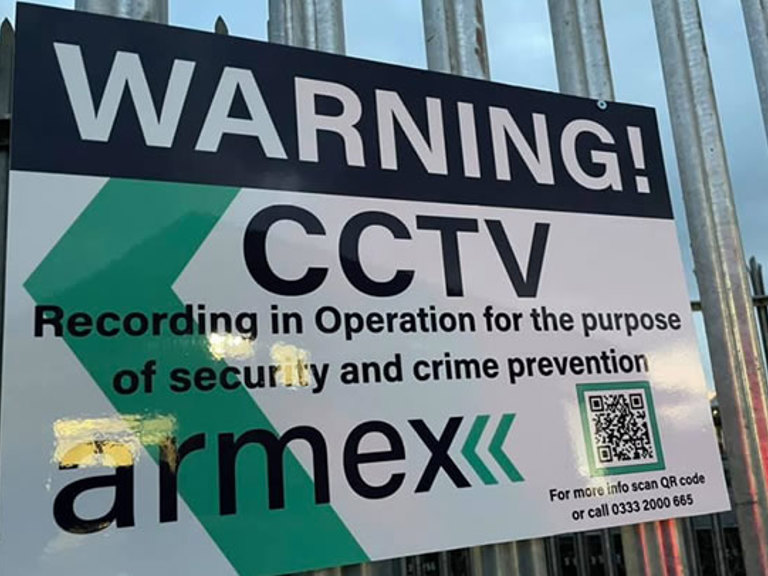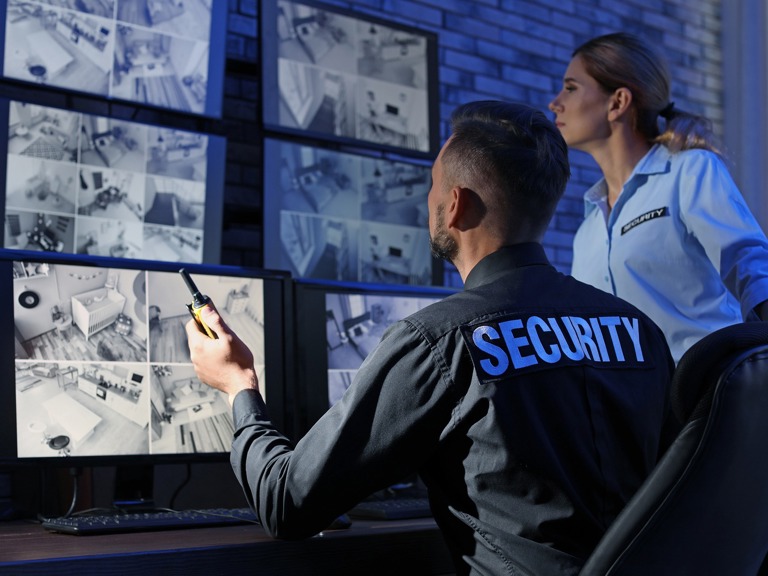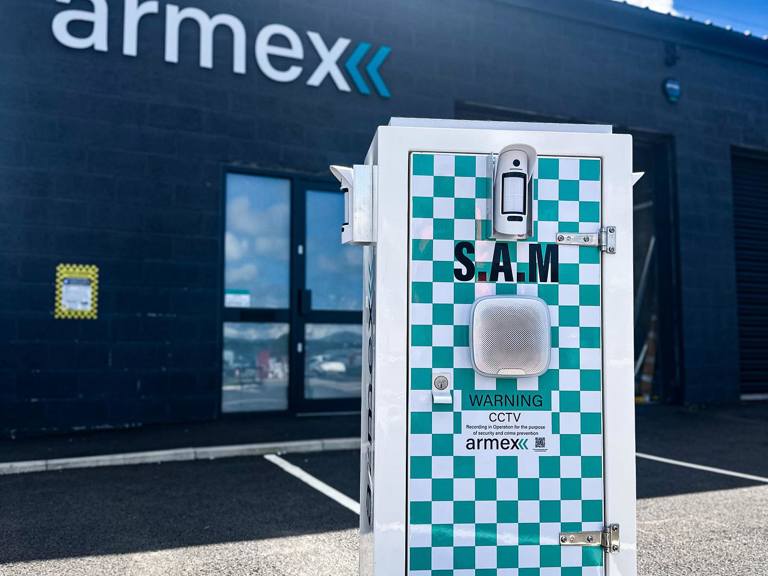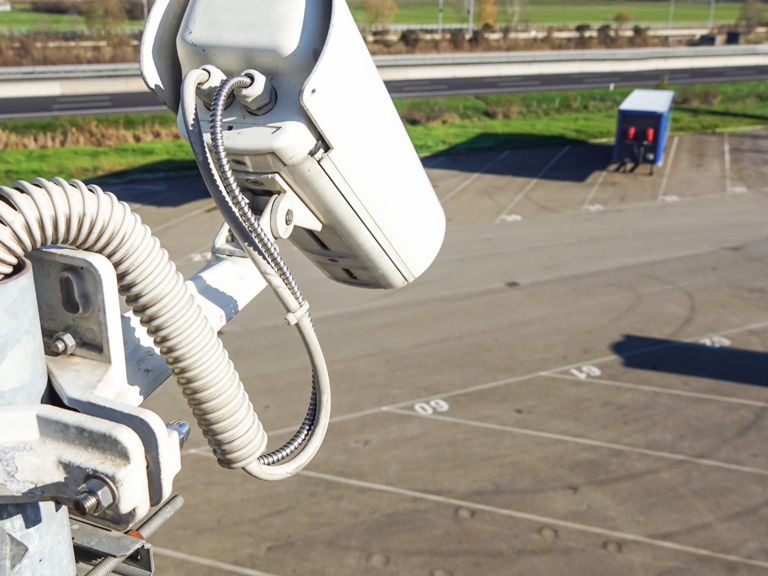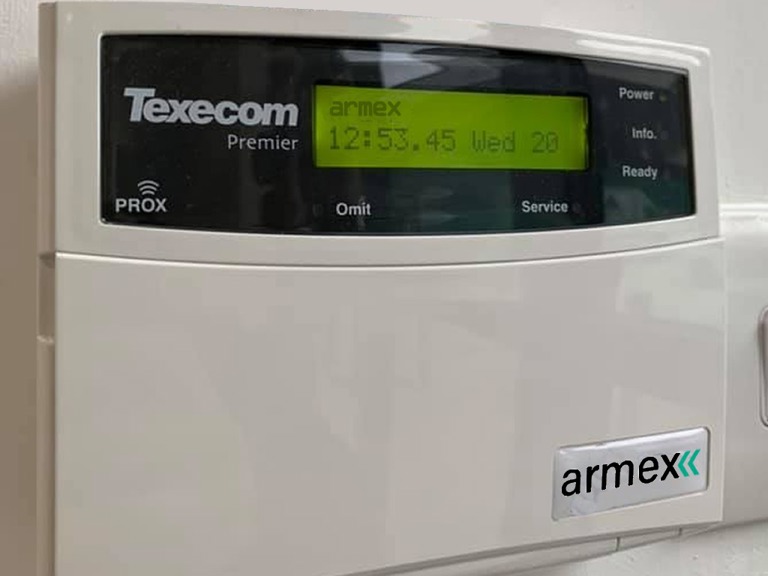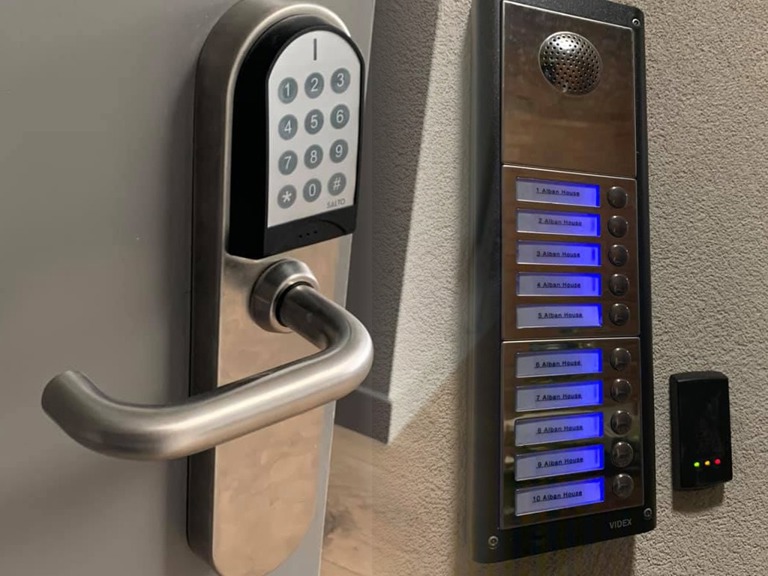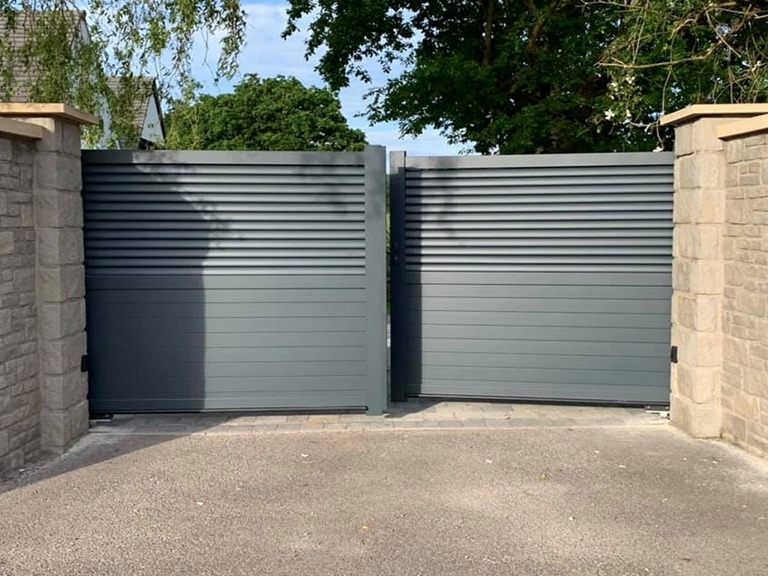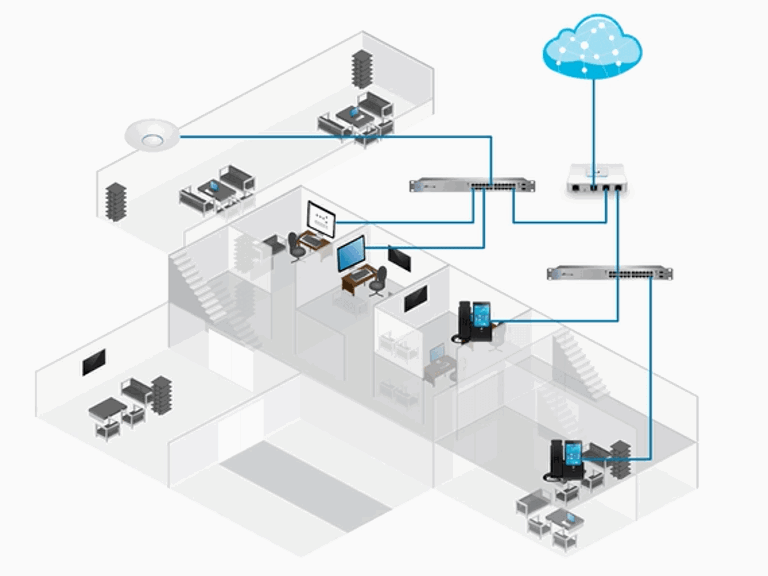
CCTV cameras are an essential tool for security, offering peace of mind and a reliable record of events. But how long is CCTV footage actually stored, and what are the best practices when it comes to keeping this data? Whether you’re a homeowner or run a business, understanding the rules and recommendations surrounding CCTV footage retention is crucial to both protect your property and stay compliant with regulations.
In this article, we’ll explore how long CCTV footage should be kept for both commercial and domestic purposes, discuss the factors that influence retention periods, and provide some helpful tips to ensure you’re making the most of your system.
How Long Should Businesses Keep CCTV Footage?
When it comes to businesses, there are several factors that determine how long you should keep CCTV footage. The length of time you hold onto it can depend on the industry you’re in, legal obligations, and the purpose for which the footage is collected.
Typical Retention Periods
For most commercial settings, the standard retention period for CCTV footage is 30 days. This is a widely accepted industry standard and gives companies enough time to review and use footage in the event of an incident. However, depending on the nature of your business and its risk profile, you may want to adjust this.
Retail and hospitality businesses, where theft or disputes may arise, might opt for a 30-day retention period to ensure they can review footage in the case of an investigation.
Banks and financial institutions often hold CCTV footage for longer, sometimes up to 90 days, given the higher risk of fraud or serious criminal activity.
Public spaces, like transport hubs or town centres, may also have longer retention periods, again often 30 to 90 days, as they need to safeguard the public against potential threats.
Legal Obligations for Businesses
In the UK, companies that collect CCTV footage are bound by the Data Protection Act 2018 and the General Data Protection Regulation (GDPR). These regulations state that personal data, which includes CCTV footage, should not be kept for longer than necessary and must be securely stored.
Keeping footage indefinitely without a legitimate reason can breach these regulations and result in fines. That’s why businesses must define a clear retention policy, ensuring they store footage only for the required length of time and securely delete it when it’s no longer needed.
How Long Should Domestic CCTV Footage Be Kept?
For homeowners, the question of how long to keep CCTV footage is slightly different. While domestic CCTV systems are less likely to be regulated in the same way as commercial setups, it’s still essential to think about how long you retain footage to balance privacy with security.
Typical Retention Periods for Homeowners
For home CCTV systems, a 7 to 14-day retention period is generally sufficient. In most cases, incidents like trespassing or theft are likely to be noticed within this timeframe, and you’ll have the footage you need.
However, many modern home CCTV systems are equipped with motion detection, which means they only record when movement is detected. This feature can significantly extend how long footage is stored without needing excessive amounts of storage space.
Legal Considerations for Home CCTV
Even though home CCTV systems are not subject to the same strict GDPR regulations as businesses, homeowners should still respect privacy, particularly if their cameras capture public spaces or neighbouring properties. If your system records beyond your own property boundary, it’s best to follow GDPR guidelines and ensure you only retain footage for as long as necessary.
If you’re unsure, our expert team can help you navigate these legal considerations and ensure your CCTV system is set up in compliance with privacy laws.
Factors Influencing CCTV Retention Periods
So, what influences how long CCTV footage is kept? Several factors come into play:
- Storage Capacity: The amount of footage your CCTV system can store depends largely on your equipment’s storage capacity. Modern systems often use cloud storage or high-capacity digital video recorders (DVRs), which can allow for longer retention periods.
- Incident Reporting: If your cameras are there to monitor high-risk areas, such as a retail shop prone to shoplifting or a home in a secluded area, you may want to keep footage for longer to account for delayed incident reports.
- Legal Requirements: Some businesses, especially in sectors like finance or public safety, may be required to retain footage for longer periods due to regulations specific to their industry.
- Privacy Concerns: Balancing security and privacy is crucial. Both businesses and homeowners should ensure they have a policy for when footage is deleted to avoid privacy infringements and comply with any relevant data protection laws.
What’s the Best CCTV Retention Policy for You?
Whether you’re running a business or protecting your home, it’s important to set a clear CCTV retention policy. Here are some best practices:
Define a Retention Period: Typically, businesses keep footage for 30 days, and homeowners keep it for 7 to 14 days. Decide what works best for your situation.
Invest in Quality Storage Solutions: To avoid running out of space or losing footage, choose a CCTV system with sufficient storage—whether that’s cloud-based or local.
Regularly Review Footage: Make sure to review your footage and storage periodically to ensure you’re following your retention policy and that your system is working correctly.
Comply with Data Protection Laws: If you’re a business, ensure that your retention practices align with GDPR and data protection regulations to avoid penalties.
Get a Free CCTV Installation Quote Today
Understanding how long to keep CCTV footage is just one part of the puzzle. To truly secure your property, you need a system that’s tailored to your specific needs and ensures full compliance with legal standards. Our team of experts is here to help.
Whether you’re looking to protect your home or business, the team at armex can advise you on everything from camera placement to retention policies—and best of all, we offer free, no-obligation quotes for CCTV installation.
Ready to enhance your security? Contact us today for a free quote and let us help you safeguard what matters most!

